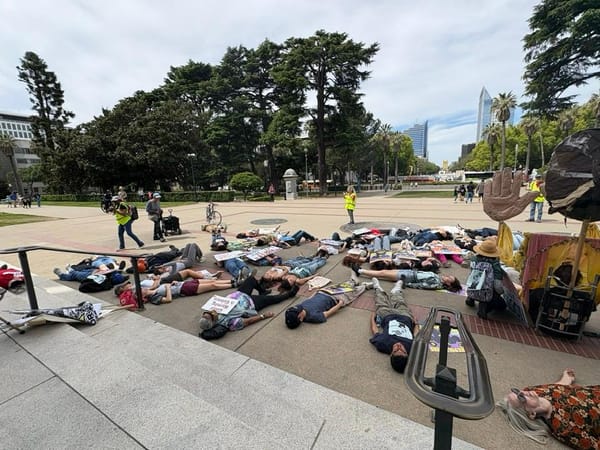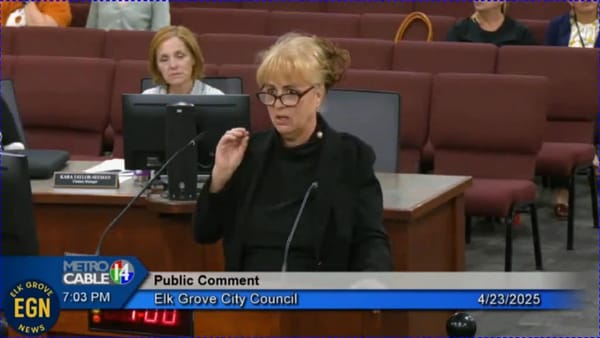Recapping Elk Grove's homeless shelter meeting; How the city is approaching homelessness post Johnson v. Grants Pass, Oak Rose
Residents must be referred by “navigators” who will ensure that out of town homeless will not be queuing up

Residents must be referred by “navigators” who will ensure that out of town homeless will not be queuing up


Construction of the three-level structure is planned to start in February 2026.

The Polluters Pay Climate Superfund Act would require the largest fossil fuel corporations to pay for the climate devastation

Do Old Town Elk Grove retailers have any chance of drawing shoppers to what we will say charitably are undercapitalized small businesses with limited selections?

Elk Grove mayors and city council members have long fancied the city as a California version of Garrison Keillor's fictional Lake Wobegon